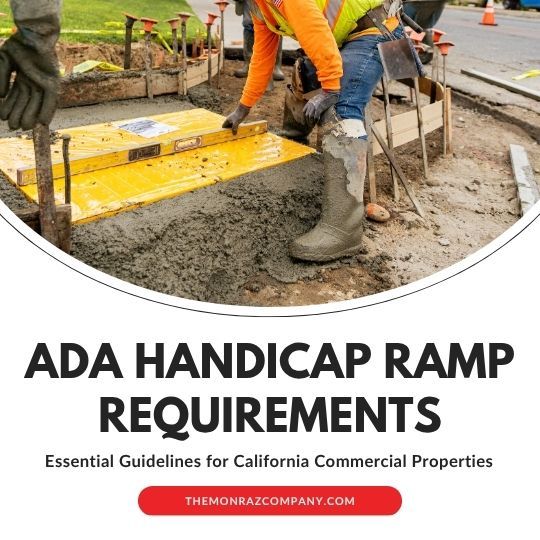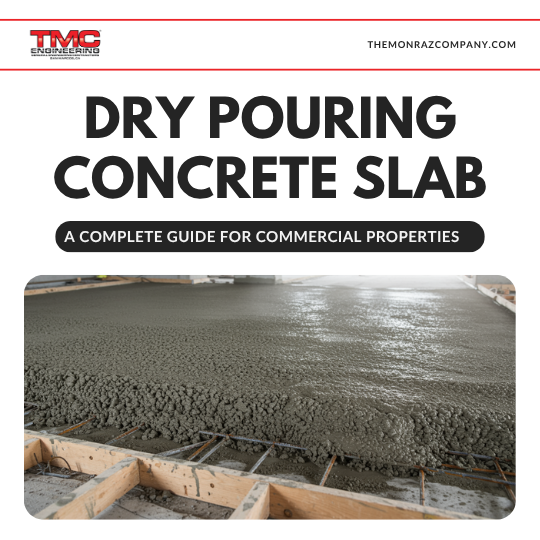Asphalt vs Concrete Parking Lot
When it comes to paving your parking lot, deciding between asphalt and concrete is one of the most important decisions you will make. These two materials have been go-to options for parking lots for decades, but both come with their own unique sets of advantages and disadvantages to consider. Taking time to understand the differences between asphalt and concrete can help ensure you select the material best suited to meet your specific needs and budget.
Asphalt and concrete parking lots each have their pros and cons in terms of upfront cost, long-term maintenance requirements, durability, appearance , and more. These factors may be more or less important depending on the location, traffic levels, and intended lifespan of the parking lot. Making the optimal choice requires weighing all relevant criteria.
In this article, we will provide a detailed side-by-side comparison of asphalt versus concrete parking lots. We’ll explore key areas like installation processes, weather resistance, repair costs, and aesthetics to help you determine which material is the best fit for your commercial property. Our goal is to empower you with useful knowledge to confidently select the right paving solution. Let’s explore some key factors to consider!
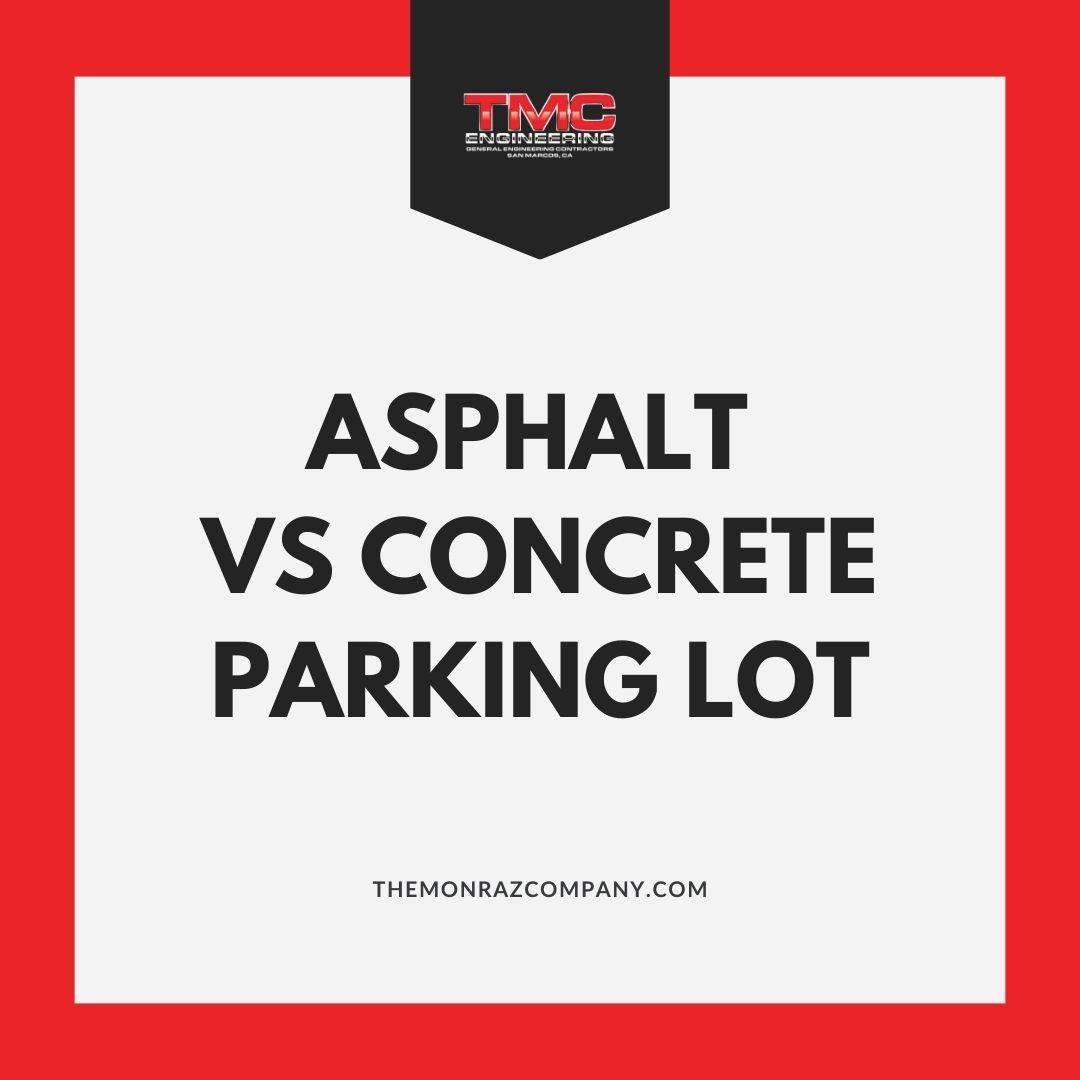
Asphalt vs Concrete Parking Lot
Cost of Installation
When it comes to initial construction, asphalt parking lot s typically cost less than concrete. On average, a new asphalt lot will run approximately 20-30% less than a comparable concrete lot. However, as we’ll discuss later — this differential can flip in the long run due to maintenance requirements.
Freeze-Thaw Resistance
Concrete withstands freezing and thawing better than asphalt over the lifespan of a commercial parking lot. Asphalt is more vulnerable to cracking in regions that experience more frequent or extreme temperature fluctuations. Proper sub-base prep is important for both materials in cold climates.
Longer to Set & Cure
While asphalt only requires a few hours to set and cure, concrete takes much longer — around 7 days! While the concrete is curing, it is, of course, unavailable for use. Choosing asphalt means quicker access after installation is complete.
Maintenance Costs
Over a 20-year timeframe, a sphalt sealing and resurfacing are generally less expensive than repairs to concrete for spalling or cracking. Simple patching further extends pavement life for asphalt. This can outweigh its slightly higher initial price tag in the long run!
Appearance & Durability
Sealed and maintained properly, either material can retain a professional appearance for many years. But over decades, concrete holds up better aesthetically with fewer repairs under heavy traffic. It may seem the concrete parking lot is the better investment up front and in the long term due to lasting durability.
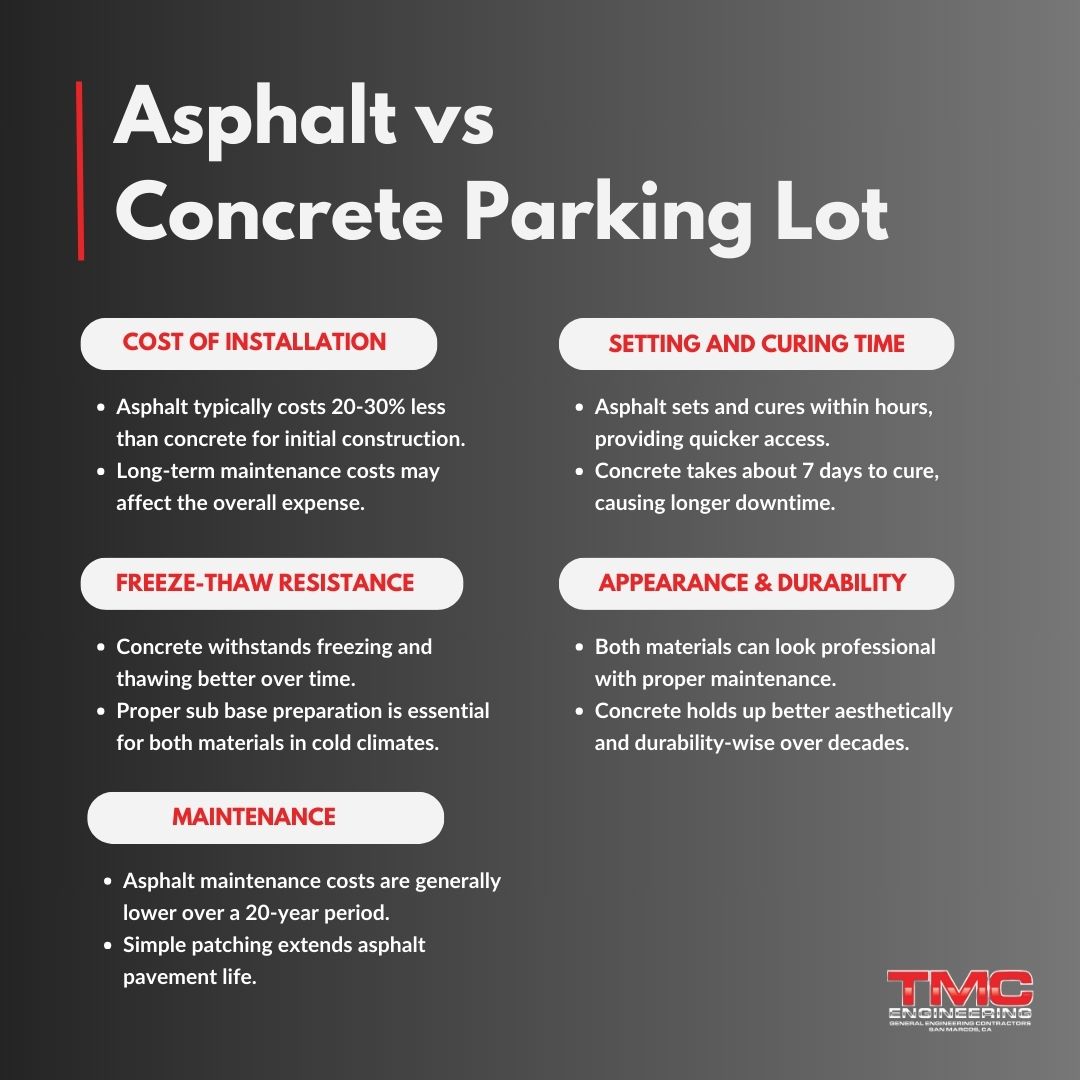
Which is Better: Asphalt or Concrete Parking Lot?
Now that we’ve explored some of the key differences between concrete and asphalt parking lots, let’s discuss which material may be better suited for certain situations.
Asphalt Parking Lots:
- Are a great choice for high-traffic commercial applications where costs need to be optimized over a 20-year timeframe. Regular use and vehicle weight are less likely to cause issues.
- Provide a smoother surface for drivers and are less noisy than concrete. This makes asphalt preferred around residential areas and retail surroundings.
- Allow for quicker repairs of small localized problems without costly full replacements. Asphalt patches blend in seamlessly.
- Installation is faster, resulting in reduced disruption to business operations compared to concrete curing requirements.
Concrete Parking Lots:
- Stand up better aesthetically in extreme climates prone to freeze-thaw cycles or areas that see less maintenance.
- Withstands heating from the sun more effectively than asphalt, making concrete a smart pick for southern regions with extreme heat.
- May be a superior long-term investment of 50+ years for essential facilities like hospitals and large industrial parks.
- Can incorporate designs, colors, and architectural features more easily than asphalt for certain appearance-focused applications.
Therefore, asphalt provides excellent value and performance for standard commercial facility parking, while concrete has advantages for high-end, long – life, or climate-specific installations.
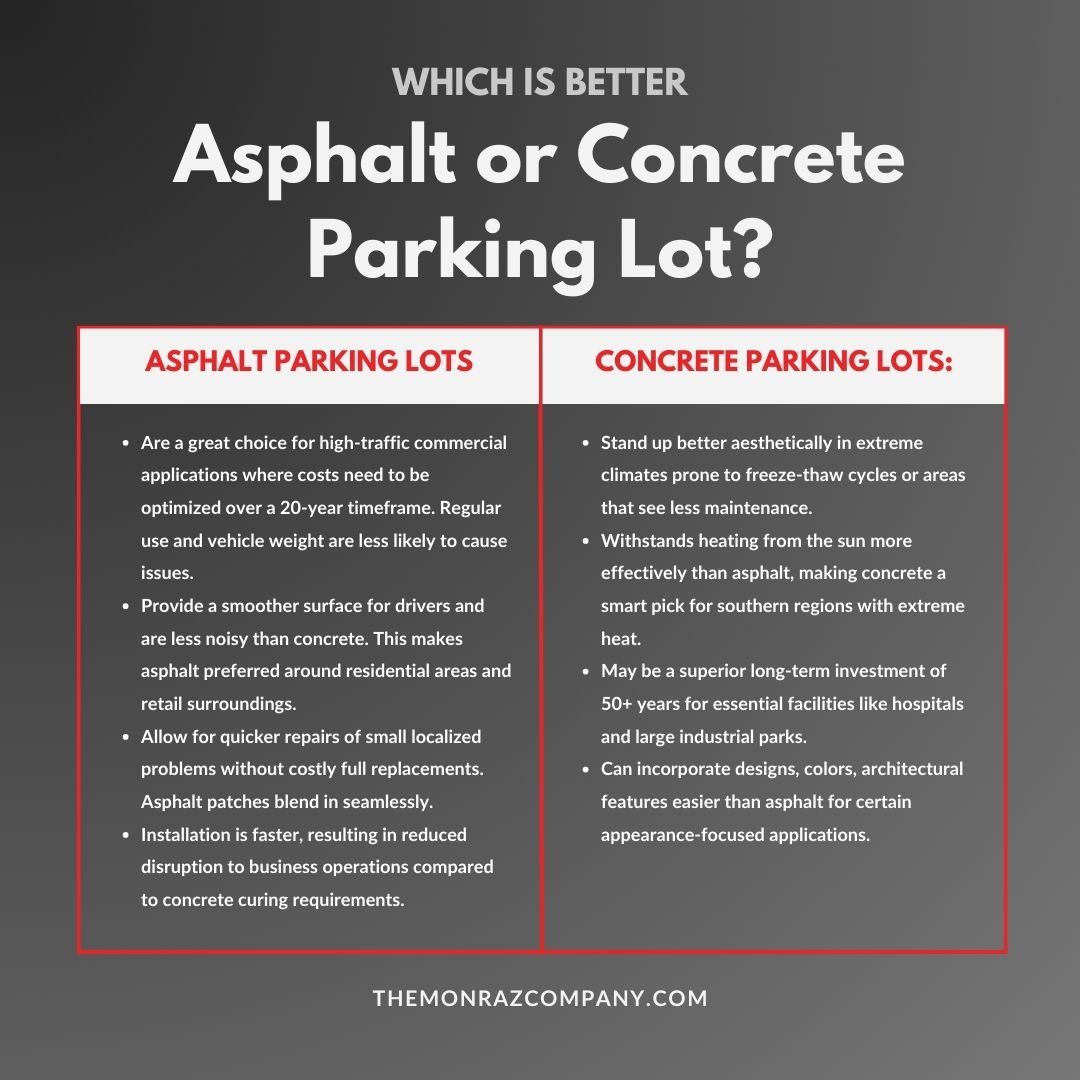
Our Recommendation
For most commercial applications, asphalt is the general preference when considering lifetime costs for the pavement. We discuss this more in our post “ B enefits of A sphalt P aving ”. Proper drainage, good sub-base, and routine sealing make asphalt lots very durable and cost-effective. Contact us today for a free parking lot estimate!
Both concrete and asphalt lots can be preferential in certain situations.
In conclusion, choosing between asphalt and concrete for your parking lot is a decision that requires assessing your specific priorities and project conditions. Both materials have merit, but one will often have a performance or economic edge depending on variables like usage levels, regional climate, required lifespan, and budget constraints. Taking the time to understand these key differences provides valuable insight toward determining and selecting the optimal solution.
Here at TMC Engineering , we have a deep commitment to delivering projects characterized by the highest standards for safety , workmanship, and client satisfaction. We aim to provide you with valuable informative content and insights related to the services our team of experts provides! Whether you require asphalt paving , striping, sealing , or concrete work , we offer a full suite of transportation construction solutions. Look no further! We’ve got all you need and more.


